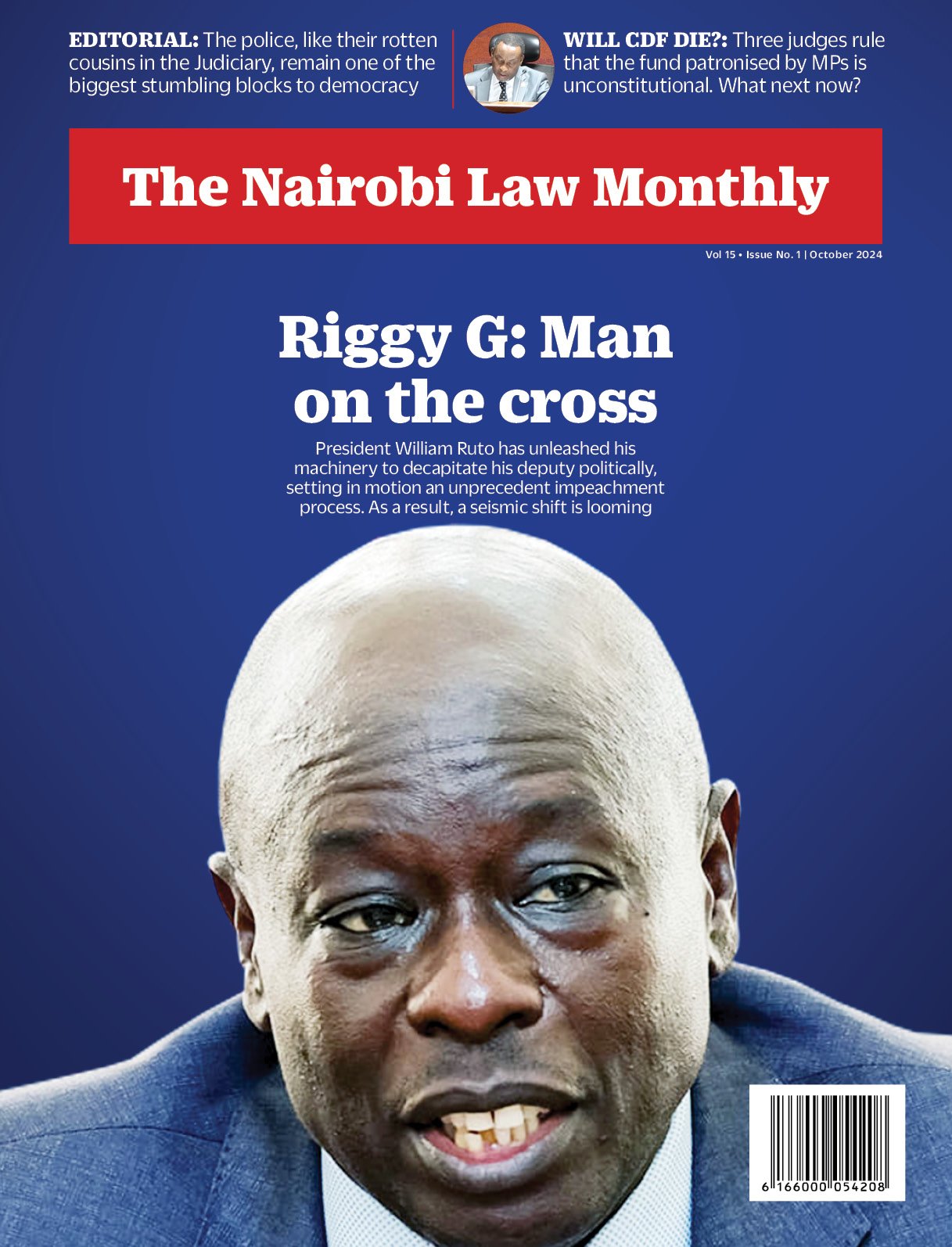Ndung’u Wainaina
Speaking in Ghana in 2009, US President Barack Obama stated that a “new moment of promise” for Africa is unfolding, but with caveats. The caveats were that African nations must, of necessity, build stronger institutions, robust civil societies and inculcate respect for democracy, the rule of law and human rights.
Addressing 50-plus African leaders in Washington in August 2014, he said: “We don’t look to Africa simply for its natural resources. We look to Africa for its people and its talents and its potential.” US Secretary of State John Kerry, addressing the same forum, said, “Africa could be the marketplace of the future. The continent is currently facing an amazing opportunity.”
Obama travelled to Nairobi in July for the Global Entrepreneurship Summit, 2015, which took place at a time 173 Countries had reached an agreement and embraced an Action Agenda for financing Sustainable Development agenda, post the Millennium Development Goals.
The overall goal of the renewed US engagement with Africa is to strengthen trade and investment, security and democratic governance. One clear objective is to increase and diversify US-Africa trade and investment opportunities as economic and consumer markets expand on the continent. Asia remains the US’ strategic focus as of now. US policy towards China is that of cooperation, competition and strategic partnership.
Trade Africa, Light Africa, Young African Leadership Initiative, Security Governance Initiative and Africa Growth Opportunities Act (AGOA) were the bedrock of his speeches. His policy agenda addressed itself to building blocks of a new chapter of engagement and shared progress, the region’s interlocking security, governance and economic challenges, and deepening a new era of cooperation and partnership on trade and investment, innovation, technology, energy and climate change. He spoke emphatically on democracy and strengthening the role of civil society in building resilient societies.
On Security, in the first US-Africa Washington Summit in August 2014 President Obama announced a new Security Governance Initiative initial funding of US$65 million (Sh6.8 billion) per year for three to five years and a US$110 million (Sh11.6 billion) African peacekeeping rapid response partnership. Kenya is among six African countries to benefit from this initiative, which is expected to facilitate the building of more integrated regional security cooperation and architecture with effective coordination mechanisms to help strengthen planning, and train and bolster regional confidence and capacity to address collective security challenges.
The Civil Society is advocating for the adoption of new security governance paradigm, built around democratic control of the security sector, oversight and accountability of security and law enforcement agencies while strengthening their operational capabilities to create a conducive environment for development, and shifting focus from security outputs to security processes that engage a wider section of the population in defining needs. Civil Society is also pushing for serious security sector reforms, strong civilian-security cooperation and comprehensive approach to security interventions that seek to improve overall coherence, integration and coordination of civilian and security efforts.
The US government provides major technical, training and financial assistance to Kenya and regional security agencies, which are accused of gross human rights violations and failure to effectively deliver on their mandate.
On September 2013, President Obama called for a strong civil society. He, at the same time, strongly condemned the shrinking democratic space for civil society, blatant affront on civil liberties, as well as the re-emergence of authoritarianism and official impunity, and called for specific steps to be taken to make it easier for civil society to work – among the strengthening the rule of law and democratic institutions and decisively tackling corruption, which is crucial for creating a supportive business environment. The US government will be hard pressed to deploy its legal resources, expertise and law enforcement capabilities in assisting Kenya and the region to tackle corruption, build stronger institutions and enforce rule of law.
One core feature of the Constitution of Kenya 2010 is devolution. Support for deepening and consolidating devolution as a vehicle for building resilient communities, stronger inclusive economy, tackling increasing inequalities and delivering crucial quality public and social services like health and education is critical. Already, the United States of America International Development agency (USAID) has initiated several initiatives currently being implemented on devolution, health and education.
On the basis of his policy back home, President Obama spoke about steps that need to be taken for innovative programmes to reduce inequality, spur sustained stronger equitable inclusive economic growth and tackle gender disparities. He focused on the youth and reiterated the need to meet their expectations. The Young African Leadership Initiative is his flagship to empower and connect innovative young people in various fields. It would be important to get political commitments to support vulnerable and disadvantaged groups’ core concerns.
The strengthening of the more transparent and accountable private sector as a bastion of knowledge/technology and innovation-driven sustainable inclusive economic development was the core message from President Obama – and is what, in fact, his first meeting began with. While there are good signs of innovations and business start-ups in Kenya and the region, this is more of an individual private investments or donor funded enterprises.
President Obama leveraged on and articulated the role of United States in assisting Africa address desperate needs of technological and engineering revolution, transformation of systems, processes and procedures for trade and investment, and developing technical capacities for effective intra-regional cooperation and integration to deepen trade, productivity opportunities and economic diversification.
Given the promise that these hold for the continent’s growth, Africa’s leaders would be well-advised to integrate them into the development agenda.^
Writer is Executive Director, International Center for Policy and Conflict: nwainaina@icpcafrica.org


